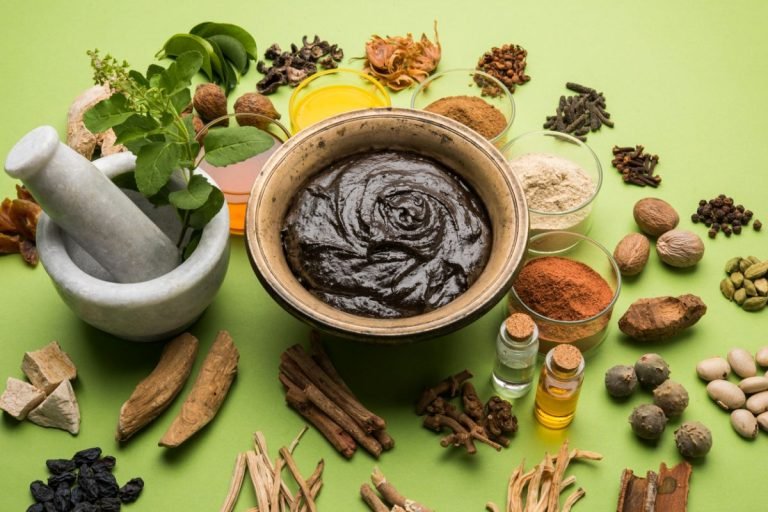Uttarakhand, long celebrated for its pristine air, medicinal herbs, and spiritual heritage, is now positioning itself to become the “Ayurveda Capital of the World” through an ambitious government initiative — the AYUSH Village Mission. Under this plan, the state aims to establish at least one AYUSH village in every district, seamlessly integrating Ayurveda, Yoga, Unani, Siddha, and Homeopathy into wellness tourism and community healthcare.
Reviving Ancient Traditions Through Modern Infrastructure
The concept of an AYUSH village is simple yet powerful: create a dedicated hub where traditional healing systems meet modern facilities. Each village will offer:
-
Ayurvedic treatment centres
-
Yoga and meditation halls
-
Herbal gardens showcasing medicinal plants native to Uttarakhand
-
Accommodation for wellness tourists seeking authentic therapies
Pilot AYUSH villages in districts like Haridwar and Pauri Garhwal have already begun welcoming visitors. These centres have not only treated patients with chronic ailments through Ayurvedic therapies but also provided structured detox and rejuvenation programs for tourists from across India and abroad.
 Economic Opportunities for Local Farmers
Economic Opportunities for Local Farmers
The mission’s impact goes beyond healthcare and tourism — it is transforming the rural economy. Local farmers are being encouraged and trained to cultivate medicinal plants such as ashwagandha, giloy, tulsi, and aloe vera. The government is offering buy-back arrangements, ensuring stable prices and eliminating middlemen.
In Rishikesh’s outskirts, for example, farmer cooperatives have partnered with AYUSH centres to supply fresh herbs daily. Many farmers report that their income from medicinal plant cultivation now surpasses earnings from traditional crops like wheat and rice.
This shift is not only boosting incomes but also promoting sustainable agriculture suited to the hill state’s terrain and climate.
Tourism With a Healing Touch
Uttarakhand’s natural serenity has always attracted pilgrims and trekkers. Now, with the AYUSH Village Mission, the state is tapping into the wellness tourism market — a sector projected to grow rapidly worldwide.
Foreign visitors are enrolling in week-long Ayurveda retreats, combining Panchakarma treatments with sunrise yoga sessions overlooking the Himalayas. Domestic tourists, too, are increasingly seeking such holistic experiences, especially in the post-pandemic era where health and immunity have become top priorities.
A couple from Gujarat, visiting the Pauri AYUSH village, described their stay as “a complete reset — mind, body, and spirit.” While this is not an exclusive testimonial, it reflects the sentiment shared by many wellness travellers experiencing Uttarakhand’s healing traditions firsthand.
Empowering Practitioners and Preserving Knowledge
The mission also focuses on training and certifying local Ayurvedic practitioners, yoga instructors, and therapists to meet global standards. This ensures that the ancient knowledge passed down through generations is preserved, standardised, and made accessible to a wider audience without losing its authenticity.
Additionally, partnerships with research institutions are enabling the scientific validation of traditional remedies, strengthening Uttarakhand’s credibility as a wellness leader.
Placing Uttarakhand on the Global Wellness Map
By combining its natural assets with strategic policy and infrastructure investment, the government is positioning Uttarakhand as a year-round wellness destination. The AYUSH Village Mission not only supports Prime Minister Narendra Modi’s vision of promoting India’s traditional knowledge systems worldwide but also ensures that the benefits are deeply rooted in local communities.
Chief Minister Pushkar Singh Dhami has repeatedly emphasised that this mission is about “turning Uttarakhand’s ancient strengths into modern opportunities” — a step that creates jobs, empowers farmers, and cements the state’s identity as a global hub for holistic living.
















